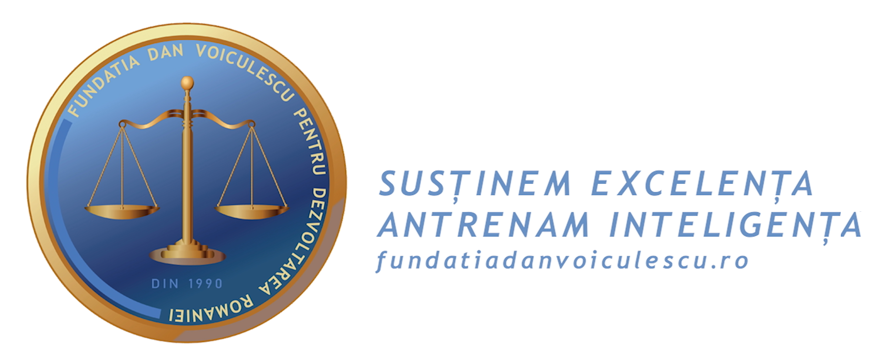From the list of behavioural characteristics shown by gifted children the most frequently mentioned by parents in surveys are: "bored at school", "hyper-energetic", "no patience with routine processes", "asks a lot of questions and annoys teachers", "high intensity of emotional traumas".
For a better understanding of personality characteristics that give the pedagogical profile of gifted children, the following list of gifted children's attributes will allow us to understand how they can be discovered by the teacher and their evaluation dimensions:
- uses a rich and appropriate vocabulary;
- is effective in spoken and written communication;
- has a rich reading background, usually preferring adult books;
- is willing to discuss the reading material;
- has a keen interest in an area of knowledge in which he/she finds motivation and passion;
- spends time on their own passions and special projects;
- has particularly good academic results in particular areas of interest;
- understands what is good or bad in an activity and finds ways to optimise it;
- discovers new value in old ideas;
- has an excellent memory in areas of interest and quickly masters basic concepts and skills;
- has no patience with routine procedures and automatic skills;
- asks penetrating questions in private, at the level of causes and reasons;
- finds pleasure in intellectual activities;
- recognises relationships quickly;
- likes structure, order and consistency;
- shows virtuosity and has many hobbies;
- thinks critically, is skeptical, and evaluates through tests covering all possibilities;
- is humorous;
- thinks outside of oneself;
- is interested in what is good or bad, right or wrong;
- learns quickly;
- can concentrate for a long time;
- is sensitive in spirit;
- shows compassion for others;
- is a perfectionist;
- exhibits intensity of thought;
- has moral sensitivity;
- shows unusual curiosity;
- is very persevering in own areas of interest;
- is hyper energetic;
- prefers the company of older people;
- reads early (is precocious) and is eager for knowledge;
- is very creative;
- tends to challenge authority;
- has a knack for using numbers;
- reasons well and is a good thinker;
- has many ideas to share with others;
- is a brilliant thinker, but is distracted and inattentive to unimportant details;
- easily distinguishes important and relevant details from others;
- gives unusual and unexpected answers to problems;
- poate atinge nivele înalte de gândire abstractǎ;
- can achieve high levels of abstract thinking; communicates self through a variety of means (verbal, kinaesthetic, body language, etc.);
- gathers a large amount of information in areas of interest;
- remembers facts quickly;
- is frequently perceived by others as a leader;
- is cooperative in groups;
- accepts responsibility;
- adapts easily to new situations;
- is confident in colleagues and candid in people's opinions;
- likes change;
- requires a little direction from teachers;
- are more interested in answers to "how" and "why" questions than other types of questions;
- can work independently much earlier than others; are often diagnosed as hyperactive;
- are interested in unusual or strange things;
- show a keen interest in intellectual and artistic activities;
- show a keen interest in intellectual and artistic activities;
- readily perceive similarities, differences and anomalies;
- often "attack" complex material by breaking it down into simple component parts and analyse them systematically;
- are thoughtful, fluent, able to generate possibilities, consequences or related ideas;
- think flexibly, approaching a problem in more than one way;
- are original and often unconventional problem solvers;
- can find relationships between unrelated objects, facts and ideas;
- are willing to understand complex issues;
- often construct "what if" hypotheses;
- are sensitive to beauty and attracted to artistic values

